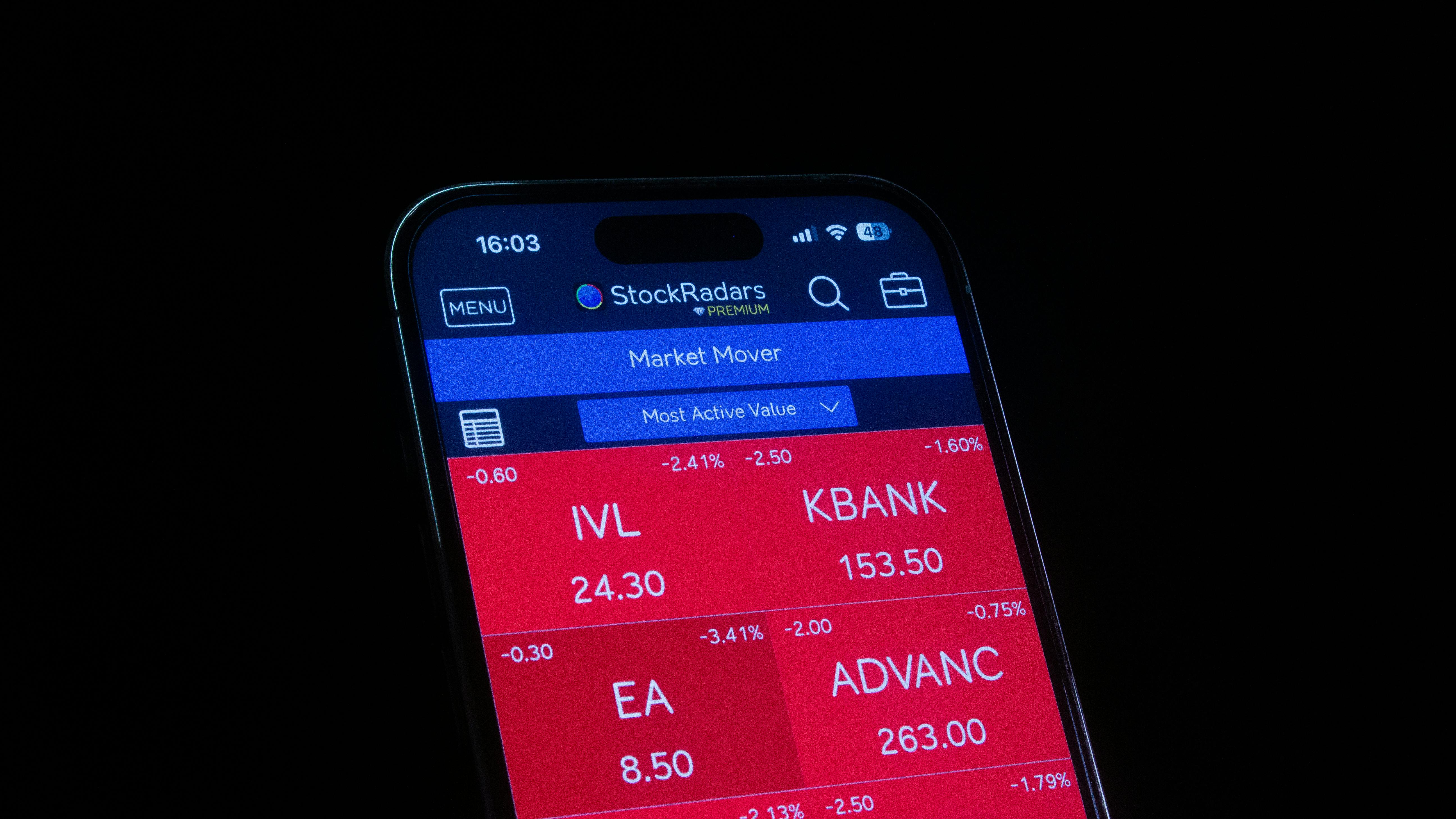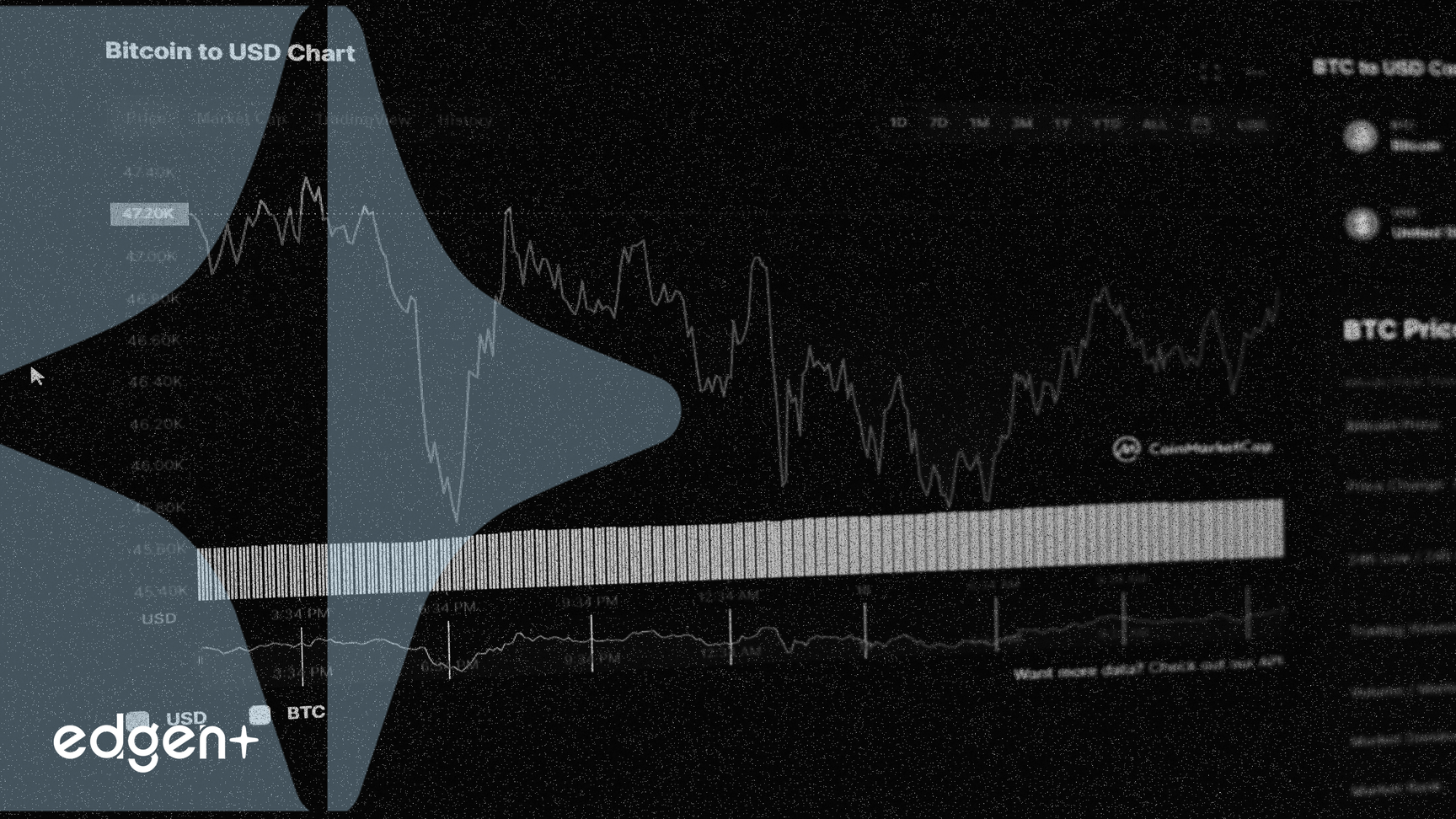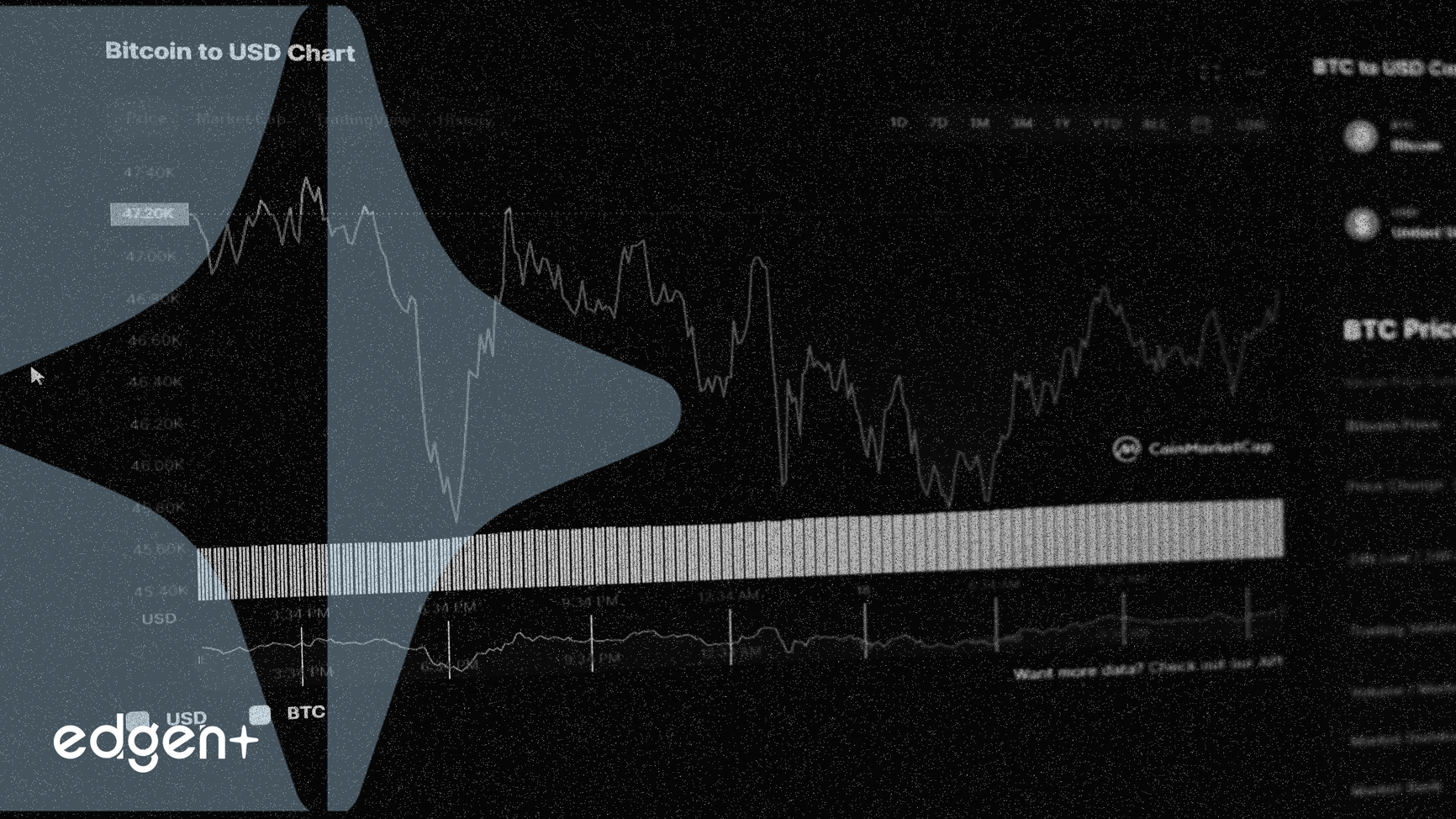Robinhood's S&P 500 inclusion, Alibaba's AI-driven cloud growth, and Tesla's proposed $1 trillion executive pay package are key drivers of market focus, highlighting significant developments in the fintech and technology sectors.
Technology and Fintech Drive Market Focus Amid Key Corporate Developments
U.S. equities saw focused attention on specific technology and fintech companies following significant corporate announcements. Robinhood Markets (HOOD) surged on news of its S&P 500 inclusion, while Alibaba Group (BABA) gained after unveiling its latest artificial intelligence model. Concurrently, Tesla (TSLA) drew considerable interest as its board proposed a substantial new compensation package for CEO Elon Musk.
The Event in Detail
Robinhood's S&P 500 Inclusion Signals Fintech Maturity
Robinhood Markets (HOOD) shares experienced a notable increase in pre-market trading, jumping 7.56% to $108.90 following the announcement that the commission-free trading platform will join the prestigious S&P 500 index, replacing casino operator Caesars Entertainment (CZR). This inclusion, effective September 22, 2025, marks a significant milestone for the fintech sector, reflecting Robinhood's evolution into a major player in U.S. financial markets. The move is expected to drive substantial demand for HOOD shares as index-tracking funds adjust their portfolios, with estimates suggesting $20–30 billion in passive inflows. The company's market capitalization is approximately $91.5 billion, bolstered by its diversified offerings beyond commission-free stock trading, including cryptocurrency investing and retirement accounts.
Alibaba's AI Investments Propel Cloud Growth
Alibaba Group (BABA) saw its shares close up more than 4% in Hong Kong following the release of its biggest artificial intelligence model to date. The company's cloud computing division emerged as a significant growth engine, with revenue surging 26% year-on-year to RMB33.4 billion (~$4.7 billion), driven by robust AI demand. Alibaba reported that its AI-related revenue has maintained triple-digit year-on-year growth for the eighth consecutive quarter, highlighting its effective monetization of the AI boom. Despite narrowly missing overall revenue expectations with modest top-line growth of 2% year-on-year, the company delivered a 78% surge in net income, largely attributed to one-off gains.
Tesla's Ambitious Pay Package for Elon Musk Unveiled
Tesla (TSLA) is currently focused on a proposed compensation package for CEO Elon Musk that could reach approximately $1 trillion. This package, which is distinct from his annulled 2018 plan, is contingent upon Musk achieving highly ambitious market capitalization and operational milestones over a 10-year period. To unlock the full payout, Tesla's market cap would need to reach $8.5 trillion by 2035, significantly more than its current approximate $1.1 trillion valuation. Operational targets include a cumulative total of 20 million vehicle deliveries, 1 million robotaxis in commercial operation, and achieving $400 billion in adjusted EBITDA over four consecutive quarters. The proposal requires Musk to remain with the company for at least 7.5 years and establish a board-approved succession plan for the final tranches.
Analysis of Market Reaction
The market's reaction to these developments reflects investor optimism regarding strategic growth and institutional validation. Robinhood's S&P 500 inclusion is a clear catalyst for immediate buying pressure from index funds, signaling mainstream acceptance of a company that faced initial skepticism for its disruptive model. For Alibaba, the strong performance of its AI and cloud divisions, particularly the consistent triple-digit growth in AI-related revenue, suggests a successful pivot towards high-growth areas, reassuring investors despite broader economic headwinds. Tesla's proposed pay package, while controversial in its scale, is being viewed by the board as a critical mechanism to retain Musk's leadership and incentivize the pursuit of transformative, long-term growth targets in areas like robotaxis and humanoid robots, which could profoundly impact the company's future valuation.
Broader Context & Implications
Robinhood's journey from a "pandemic-era trading upstart" to an S&P 500 component underscores a significant shift in the financial landscape, where fintech innovators are gaining institutional legitimacy. The company's stock performance has been remarkable, more than doubling year-to-date and posting extraordinary returns of 414.74% over the past year. This move is consistent with a trend of increasing institutional acceptance for crypto-focused fintechs, following Coinbase's inclusion in May 2025.
Alibaba's AI and cloud strategy positions it to capture incremental demand in China, where AI adoption is accelerating. Despite holding a modest 4% global market share in cloud computing, its 26% year-on-year revenue growth matched Azure's performance and outpaced AWS's 17% in Q2 2025. This aggressive investment in AI infrastructure and research, exceeding ¥100 billion over the past year, aims to solidify its position as a key player in the AI cloud era, leveraging China's booming demand. Investor sentiment has shifted from skepticism to optimism, with the company's P/E ratio of 11.8x, well below its 5-year average of 22.3x, suggesting potential undervaluation.
The proposed Tesla pay package represents a strategic attempt by the board to secure Musk's long-term commitment following the annulment of his prior 2018 compensation plan, valued at $55.8 billion. The ambitious milestones signal a strong strategic pivot towards next-generation technologies.
The board believes Musk's "singular vision is vital" for the company's future.
This emphasis on robotaxis and Optimus humanoid robots, which Musk has indicated could comprise a significant portion of Tesla's future value, aims to propel Tesla to become "the most valuable company in history," potentially surpassing current market leaders like Nvidia, whose market cap is less than half of the $8.5 trillion target.
Looking Ahead
For Robinhood, the S&P 500 inclusion is expected to generate sustained institutional buying, potentially further boosting its share price and enhancing its market capitalization. This could also attract more conservative investors and strengthen partnerships, particularly in crypto and international markets.
Alibaba's continued investment in AI and cloud technologies will be crucial for maintaining its growth trajectory and expanding its market share, especially in the competitive global cloud market. Analysts project 25–30% revenue growth for Alibaba Cloud in fiscal 2026, suggesting further market share gains as AI monetization scales.
The proposed Tesla pay package will face a shareholder vote in November 2025. Its approval could significantly influence investor perception and long-term valuation, aligning Musk's incentives with highly ambitious growth targets. However, the path to achieving these "Mars-shot milestones," particularly the $8.5 trillion market cap and operational targets like 1 million robotaxis, will require unprecedented execution and innovation from Tesla.



